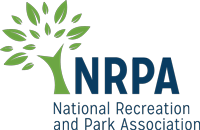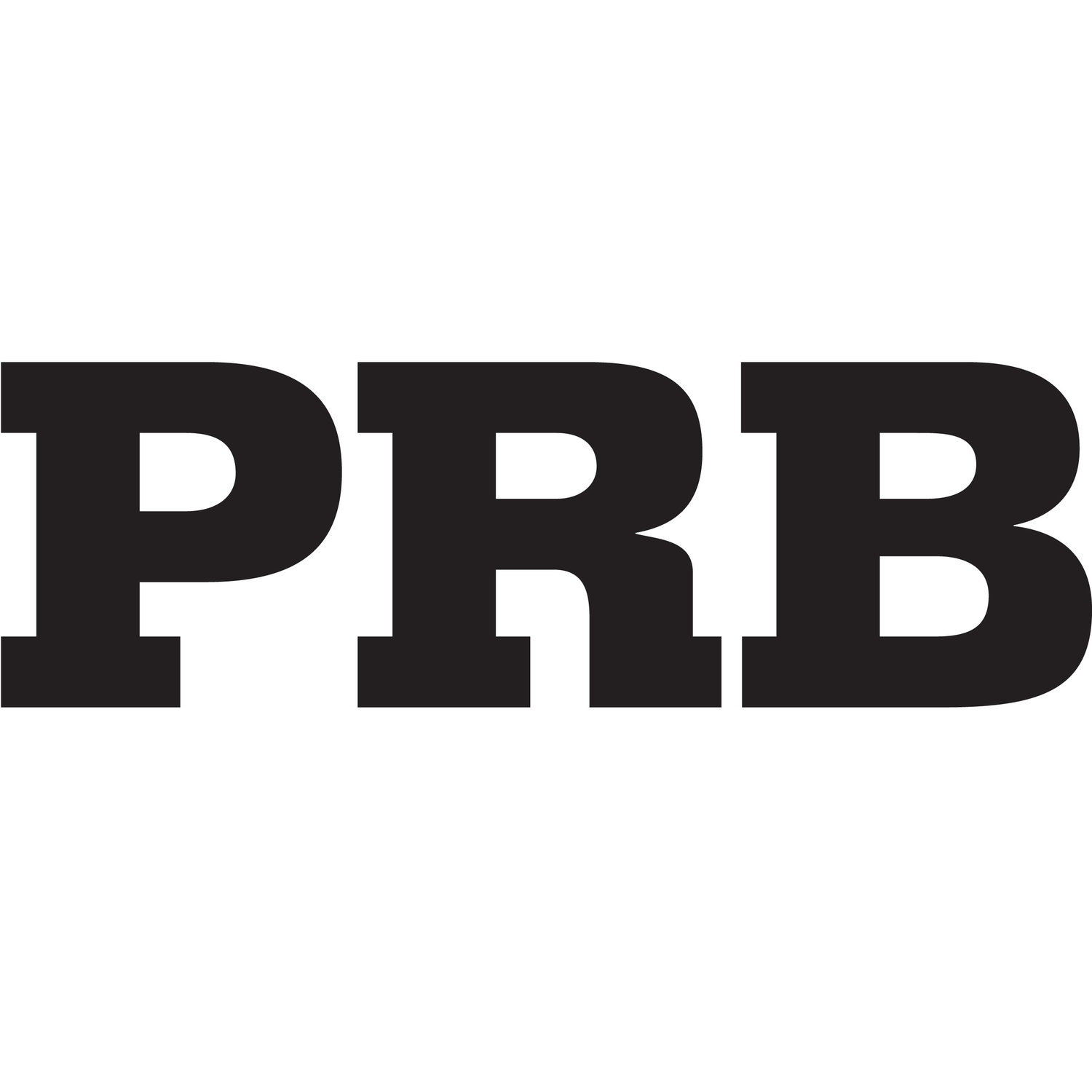Creating and coordinating fun and engaging activities is why your participants attend camp and keep coming back. It is important that you thoroughly plan out activities, train staff, and put the effort needed into your activities to make them successful. Do research on new activities for each camp and create or build up activity guides as a reference for staff so you don’t end up repeating the same things over and over again causing your campers to get bored, disengage, or voluntarily sit out. Here are 40 tips to successfully coordinate any type of activity:
- Always be supervising! Safety is your number one priority. Know the group count at all times and ensure the play area and game are safe before starting.
- Plan out your games for the day or week. Don’t try to “wing it” but be ready to adapt to change. Always have a game or two in your back pocket in case the activity isn’t working or ends faster than expected. If you fail to plan you plan to fail!
- Have enough activities in hand to last the entire session. Avoid any down time, other than water breaks, snacks, and meals.
- Keep rules and verbal instructions to a minimum to avoid boredom and confusion. Most campers will learn best by watching and then doing.
- Get involved and stay engaged! The kids love it if you are playing, refereeing or are in any way part of the game. Avoid being a spectator or sideliner; get involved and play as many games as you’re comfortable with. Whatever we have the kids do we should do!
- Switch it up! Add variations and change rules as you go to keep it fresh. Avoid playing the same games over and over again.
- Look for signs of “enough” and then introduce a new game before interest begins to wane.
- Keep players in the game, avoid rules that permanently eliminate campers. Try not to have kids sit out for any more than 5 minutes. For games like dodgeball, call “Jail Break” after a few minutes and let everyone back in the game. You never have to have a true winner, the kids just want to play!
- Start an activity or session that brings the whole group together.
- Make sure to work in ice breakers and team building activities to create a better group atmosphere with your campers.
- Take into account the amount of kids required, age appropriate, and time it takes when choosing an activity.
- Alternate between active and quiet activities.
- Start the day upbeat and with active games. This will get the kids excited for the day ahead. End with something quiet to let the kids wind down before pick up.
- If there are teams needed, avoid a situation where people are picked. Use creative ways of forming teams. Mix teams up so campers get to play with different kids every time. Try to avoid having all your most athletic kids on one team for active games.
- If your groups are co-ed then shoot for a 50/50 split most of the time. For some less active games, the kids may enjoy boys vs girls on occasion.
- Have equipment on site before beginning to avoid participants’ boredom and down time while you have to find equipment and then set up.
- Always look ahead. Once an activity has started, start to think about what needs to be done to clean up and get to the next activity quick.
- Transitions, transitions, transitions! Make sure to have a smooth transition from one activity to the next to avoid down time and bored campers.
- Change it up! Encourage players to make creative alterations within the activities or try homemade versions. Add rules to spice up the activity.
- Get feedback from your campers! Not every game will be a hit, but try everything at least once. You never know what will stick!
- Emphasize competition against self or a team, when it’s appropriate.
- Keep it positive! Discourage negative criticism and encourage positivity.
- End with a quiet activity that allows everyone to regroup and relax before the end of the day.
- Try to de-emphasize the importance of outcomes. Temper the spirit of competition with the spirit of cooperation.
- Send a clear message that you want everyone to play all activities and have fun!
- Examine the play area and rules of the game before every activity to ensure the campers are safe. If multiple kids start to get hurt, it is time to switch it up or change the rules. Make sure to get in plenty of water breaks!
- Experiment these activities on your staff during camp training or before the day gets started. If the counselors don’t understand the rules or how the game works then the kids won’t get it!
- Come up with a story! Fantasy will make the experience better during the activity.
- Look for opportunities to incorporate songs, chants, noise and body movements.
- Turn on music during the activity to keep the mood fun and upbeat.
- Incorporate a reward system for those that participate, always try their best, and show good sportsmanship.
- Provide alternative activities or “jobs” for kids that do not want to participate. Everyone should try the activity at least once, but inevitably someone may want to sit out. Make them helpers or set them up with an easy table game or craft.
- Use a chant or a fun clap to get the kids attention. Have all the kids do the chant or clap at the counselors command, then be quiet immediately after. Use this before you need to give instruction and make it fun!
- Institute penalties like a “penalty box” for campers who try to cheat or do not want to follow the activity rules. Teach them the Honor System when enforcing rules and make sure they know that cheating or not following the rules will ruin it for everyone.
- Always discourage behavior such as slamming a ball, crying, or getting upset when a camper loses or gets out of a game.
- Work in games that are educational or promote healthy habits. The best are those that they are having so much fun they don’t realize they are educational as well!
- Make sure you are upbeat, positive, and having fun. This will radiate with the kids and they will emulate the behavior of their counselor.
- Communicate and work well with the other groups in your camp as far as managing your rotations, cleaning up, and coordinating activities. If everyone does their part, your day and the kids day will be much better.
- If your camp has “free time” (usually during pick up or drop off times) make sure it is still controlled. Station counselors throughout the areas, engage with the kids, make sure kids are in lines to play next, make sure they are walking from game to game, etc. Controlling your free time space will save you from many behavioral issues that could arise.
- Stay motivated! The kids look up to you and will remember you from years to come. The more you put into this the more of an impact you can make on a child’s life!
Planning out your activities and providing structure are key to make sure you always have a variety of different things to do as well as minimize down time. From there, setting clear expectations, being positive and energetic, and engaging with your campers will make sure your campers are having fun and your activities are always a success!
Favorite







